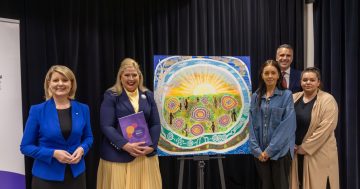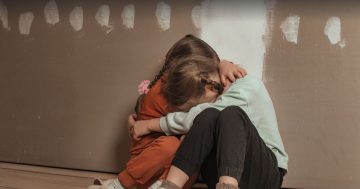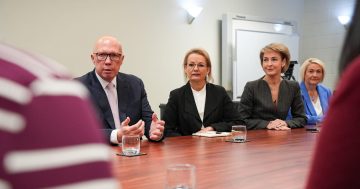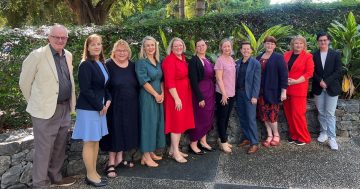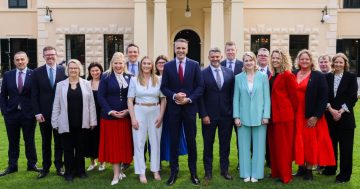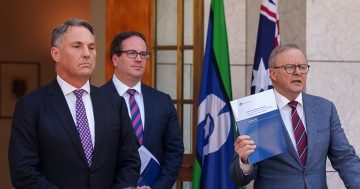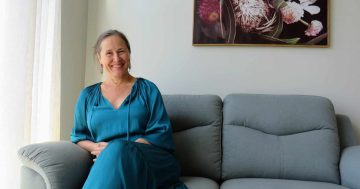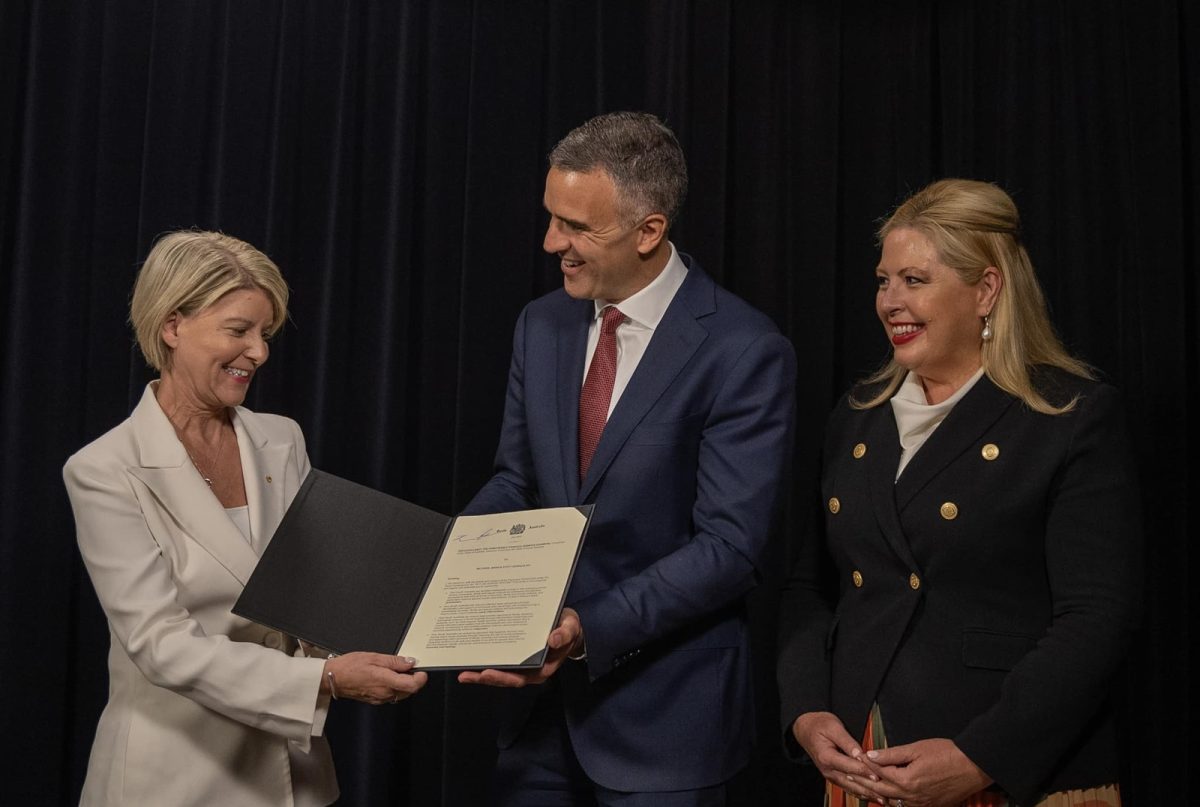
Natasha Stott Despoja receives her royal commission from Premier Peter Malinauskas and Minister for Women and the Prevention of Domestic and Family Violence Katrine Hildyard. Photo: Peter Malinauskas Facebook.
South Australian Premier Peter Malinauskas has appointed advocate, author, and former diplomat, Senator, and Australian Democrats leader Natasha Stott Despoja AO to lead the state’s Royal Commission into Domestic, Family and Sexual Violence.
Ms Stott Despoja is highly qualified for the new role. In July 2013 she was named the founding Chair of Our Watch – the national foundation to prevent violence against women and children – and was appointed life patron of Our Watch in August 2022.
She has also served as national Ambassador for Women and Girls from 2013 to 2016, was a member of the World Bank’s Gender Advisory Council from 2015 to 2017, and is also the author of the book On Violence.
The royal commission is expected to commence on 1 July and will take 12 months.
It will have powers to recommend policy, legislative, administrative and structural reform, and will have five key themes aligned with the National Plan to End Violence Against Women and Children 2022-2032.
These are:
- Prevention – How South Australia can facilitate widespread change in the underlying social drivers of domestic, family and sexual violence;
- Early Intervention – How South Australia can improve effective early intervention through identification and support of individuals who are at high risk of experiencing or perpetrating domestic, family and sexual violence;
- Response – How South Australia can ensure best practice response to family, domestic and sexual violence through the provision of services and supports;
- Recovery And Healing – How SA can embed an approach that supports recovery and healing through reducing the risk of re-traumatisation and supporting victim-survivors to be safe and healthy;
- Coordination – How government agencies, non-government organisations and communities can better integrate and coordinate efforts across the spectrum of prevention, early intervention, response and recovery.
Key focus points of the royal commission will include empowering the voices of survivors and to help shift community understanding and discourse about domestic, family and sexual violence.
The Premier said he was very pleased that Ms Stott Despoja was willing to take on this incredibly important role.
“She has a formidable CV and a demonstrated dedication to making a real difference in stopping domestic violence,” he said.
“For most people, the prevalence of domestic violence is hard to fathom,” he added. “But the hard truth is one woman a week in Australia is murdered by her current or former partner.
“This is a scourge. It is incumbent upon all of us to stop it.”
Minister for Women and the Prevention of Domestic and Family Violence Katrine Hildyard said the prevalence of domestic, family and sexual violence in our community was utterly unacceptable.
“We hold in our hearts all who are impacted by this terrible scourge,” she said.
“Our government is proud of our stringent focus on this issue and of the innovative work we’ve done so far in prevention, intervention, response, recovery and healing. But we absolutely need to do more.
“Natasha Stott Despoja is a proven leader and a proud and enduring advocate in the struggle to prevent domestic, family and sexual violence,” she added.
“We know this royal commission will generate important conversations in families and communities across South Australia about the role they can play to prevent violence and will send a strong signal to men perpetrating violence that it has no place in our society.”
Ms Stott Despoja thanked the Premier for the opportunity to lead the royal commission.
“I commend the government on establishing this royal commission and acknowledge the tireless work of the sector in advocating for such a ground-breaking inquiry,” she said.
“The terms of reference are comprehensive and broad ranging. They are underpinned by an intersectional approach, which is especially critical given the high rates of violence against Aboriginal and Torres Strait Islander women and children and the violence perpetuated against women from culturally and linguistically diverse backgrounds and women with a disability,” she added.
“I hope to be part of a royal commission that presents findings that will change lives and, hopefully, save them.”


